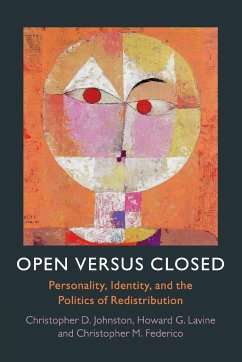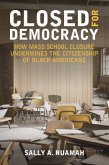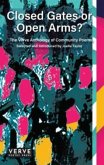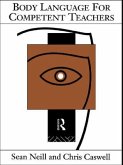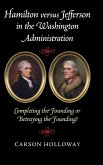"Debates over redistribution, social welfare, and market regulation are central to American politics. Why do some of us prefer a large role for government in the economic life of the nation while others prefer a smaller role? In Open Versus Closed, the authors argue that these preferences are not always what they seem. They show how deep-seated personality traits underpinning the culture wars over race and immigration, sexuality, gender roles, and religion influence debates about economics, binding cultural and economic preferences together in unexpected ways. Integrating insights from both psychology and political science - and twenty years of observational and experimental data - the authors reveal the deeper motivations driving attitudes toward government. The book concludes that for the politically engaged these attitudes are not primarily driven by self-interest but by a desire to express the traits and cultural commitments that define their identities"--
Hinweis: Dieser Artikel kann nur an eine deutsche Lieferadresse ausgeliefert werden.
Hinweis: Dieser Artikel kann nur an eine deutsche Lieferadresse ausgeliefert werden.

